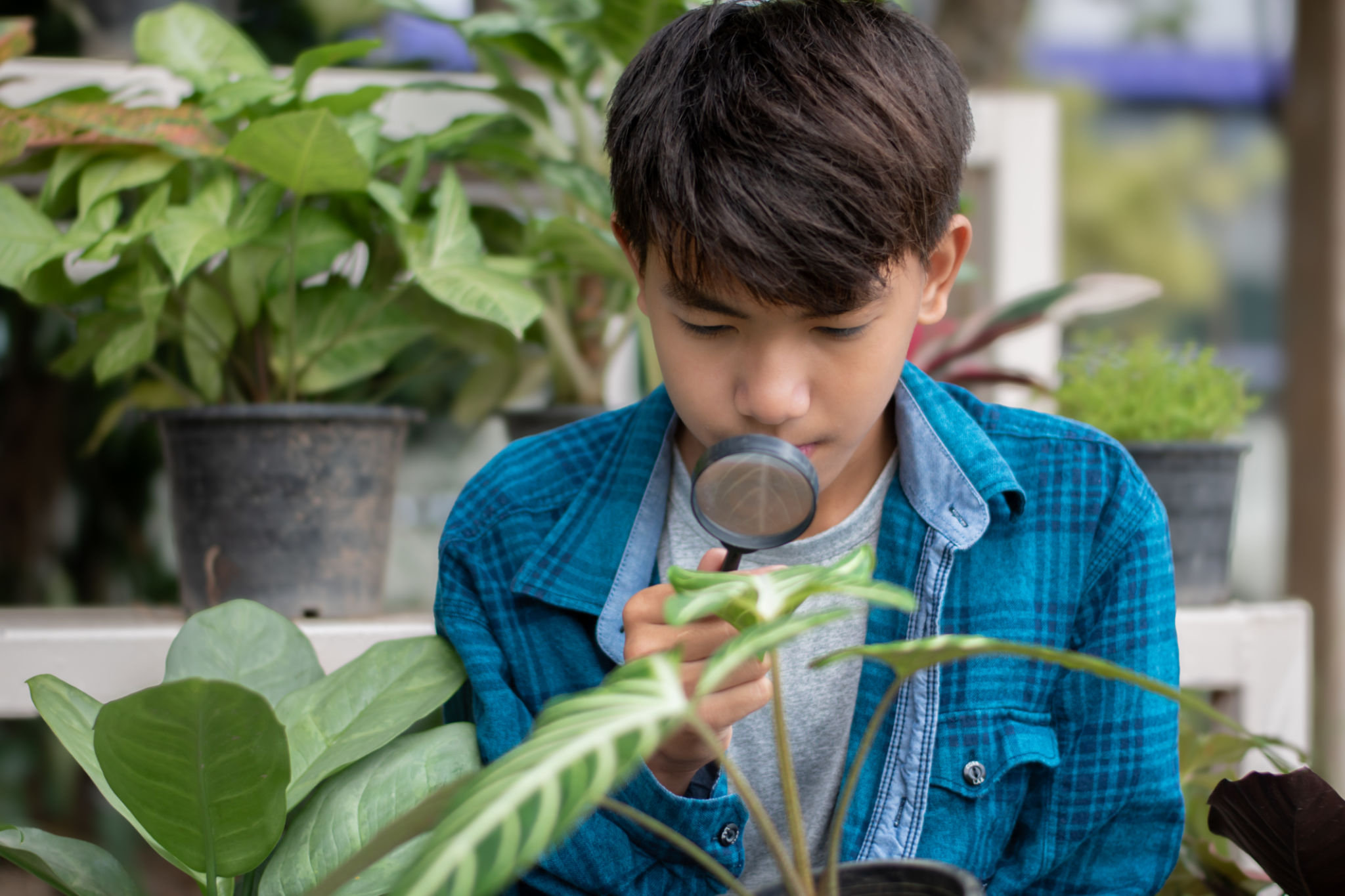Horticulture vs. Botany: Understanding the Differences and Connections
Horticulture and botany are two fields often mentioned together. Both deal with plants, but they have distinct focuses and applications. Let's explore what sets them apart and how they intersect.
What is Botany?
Botany is the scientific study of plants. Botanists explore plant structure, growth, reproduction, metabolism, development, diseases, and chemical properties. They also study plant relationships with the environment and other organisms.
Key Areas of Botany:
- Plant Physiology: Examines how plants function.
- Plant Ecology: Studies interactions between plants and their environment.
- Plant Taxonomy: Focuses on classifying and naming plants.
- Plant Pathology: Investigates plant diseases.
- Ethnobotany: Looks at how people use plants.

What is Horticulture?
Horticulture is the art and science of growing plants. It includes fruits, vegetables, flowers, and ornamental plants. Horticulturists apply scientific knowledge to cultivate plants for food, comfort, and beauty.
Key Areas of Horticulture:
- Pomology: The study and cultivation of fruit.
- Olericulture: The study and cultivation of vegetables.
- Floriculture: The study and cultivation of flowers.
- Landscape Horticulture: The design and maintenance of landscapes.
- Viticulture: The study and cultivation of grapes.

How Do They Intersect?
While botany is more research-oriented, focusing on understanding plant biology, horticulture applies this knowledge to practical uses. For instance, a botanist might study the genetics of a plant to understand its resistance to a disease. A horticulturist would use this information to breed disease-resistant crops.
Educational Pathways
Studying Botany:
- Degree: Typically requires a bachelor's degree in botany or plant science, with options for advanced degrees (master's or Ph.D.).
- Courses: Include plant biology, genetics, ecology, and chemistry.
- Careers: Research scientist, conservationist, environmental consultant, or academic.

- Courses: Include plant propagation, soil science, pest management, and landscape design.
- Careers: Horticulturist, landscape designer, nursery manager, or extension agent.
______________________________________________________________________________________
Botany and horticulture are both essential fields that contribute to our understanding and use of plants. Botany provides the foundational knowledge, while horticulture applies this knowledge to enhance our daily lives. Whether you are drawn to scientific research or practical applications, both fields offer rewarding career paths that make a significant impact on our world.